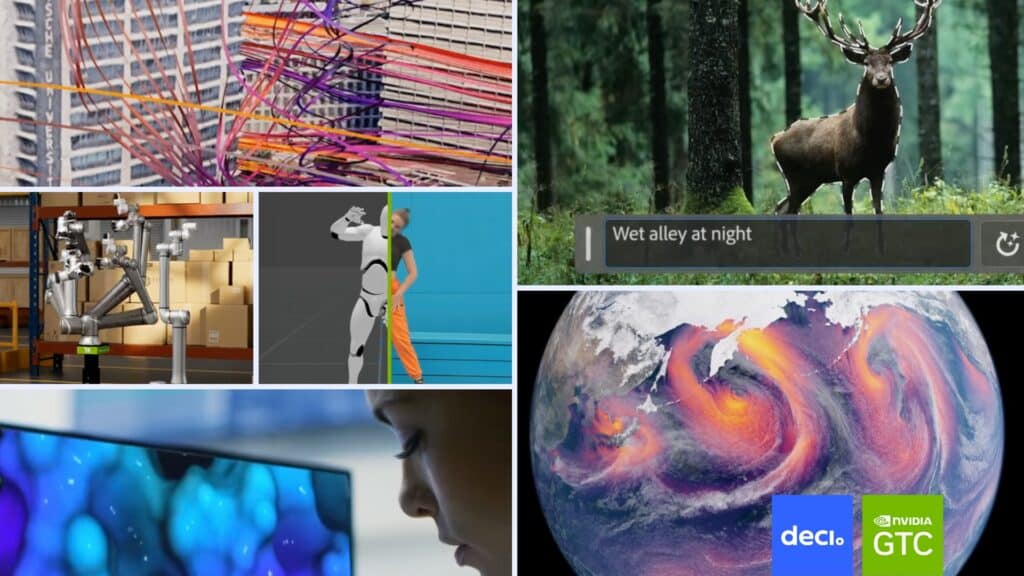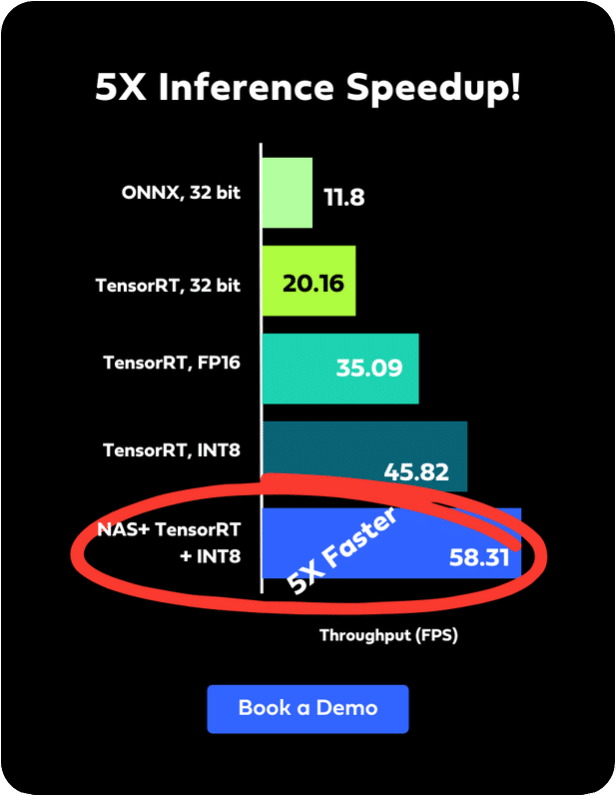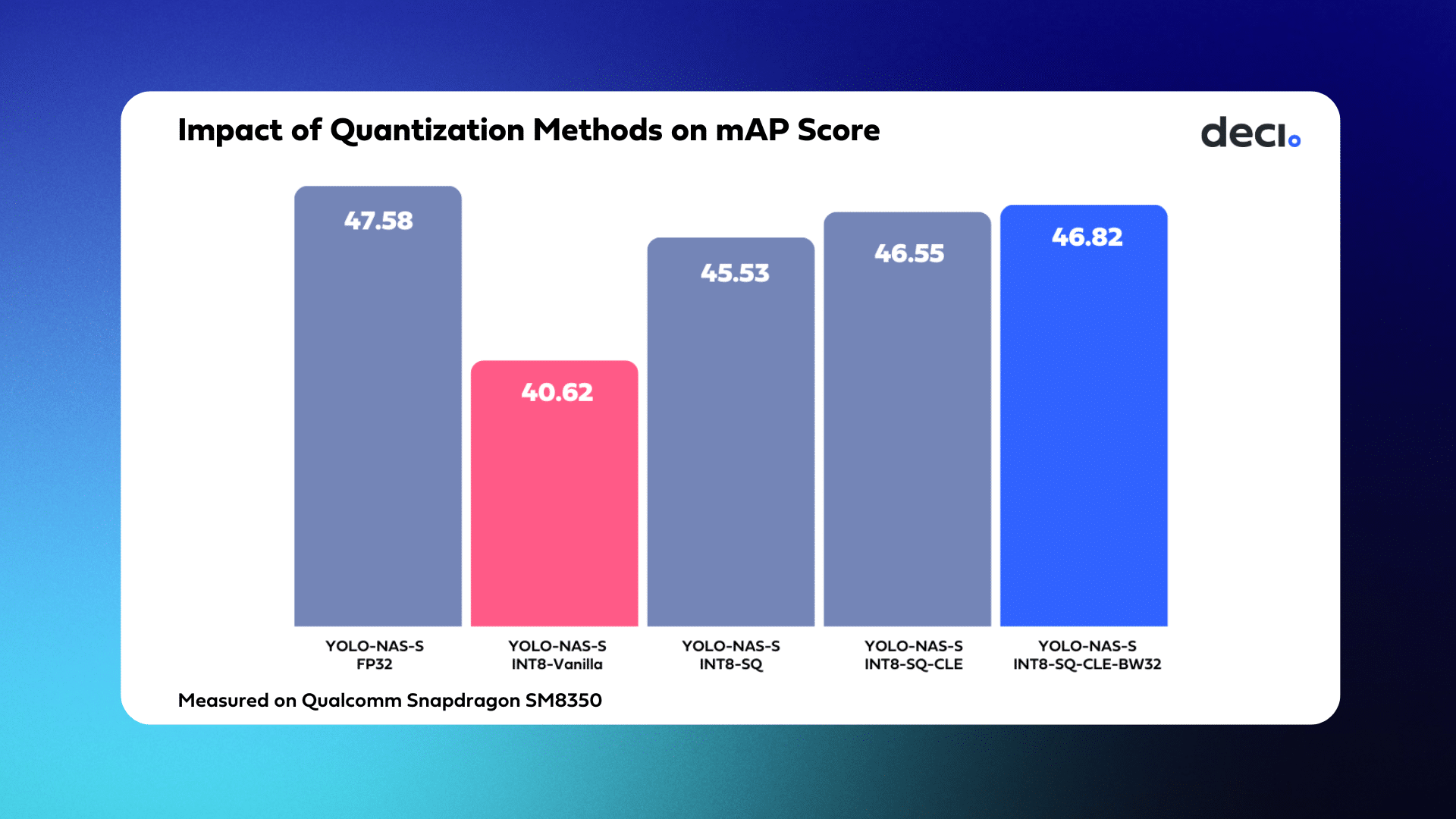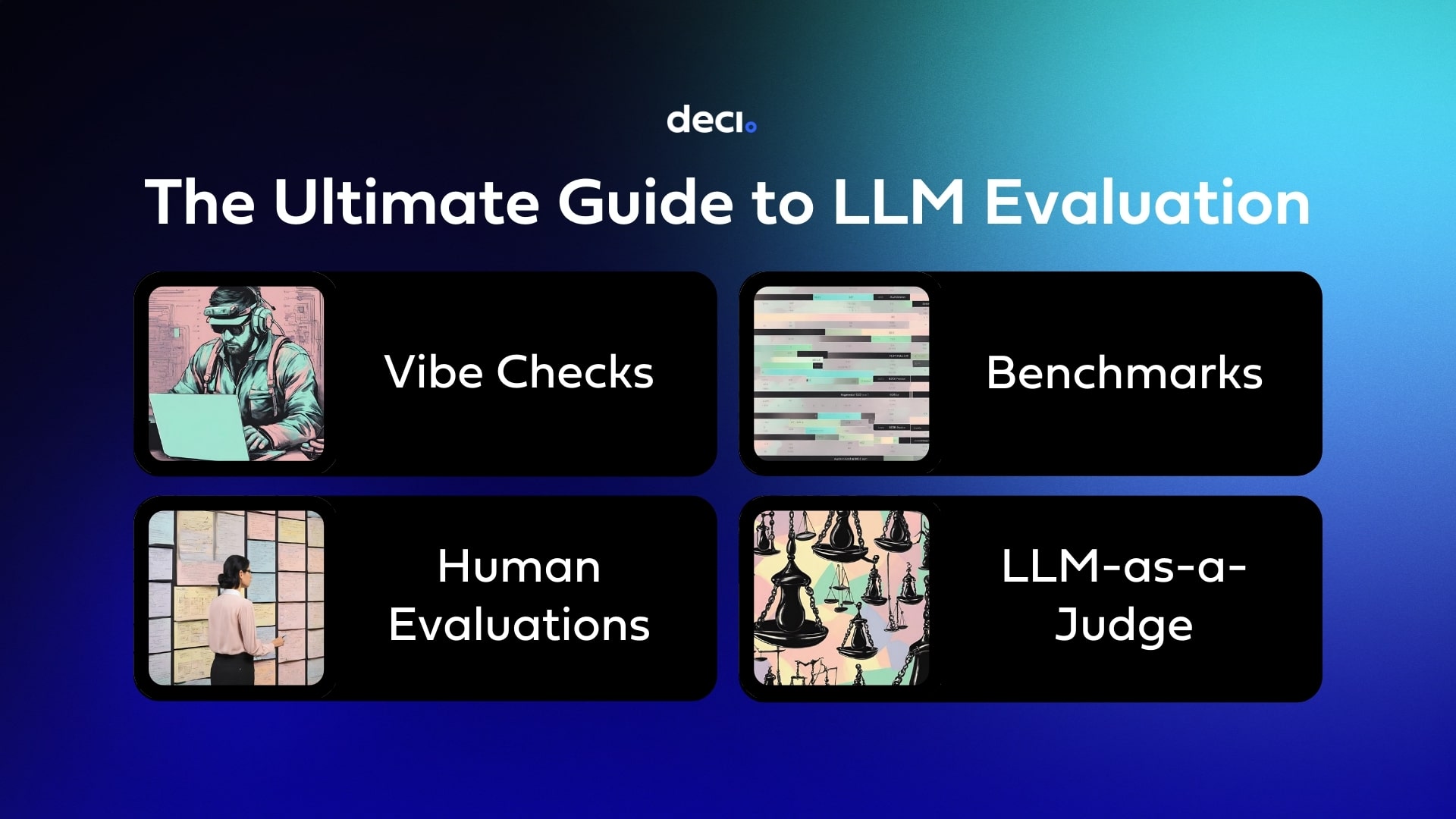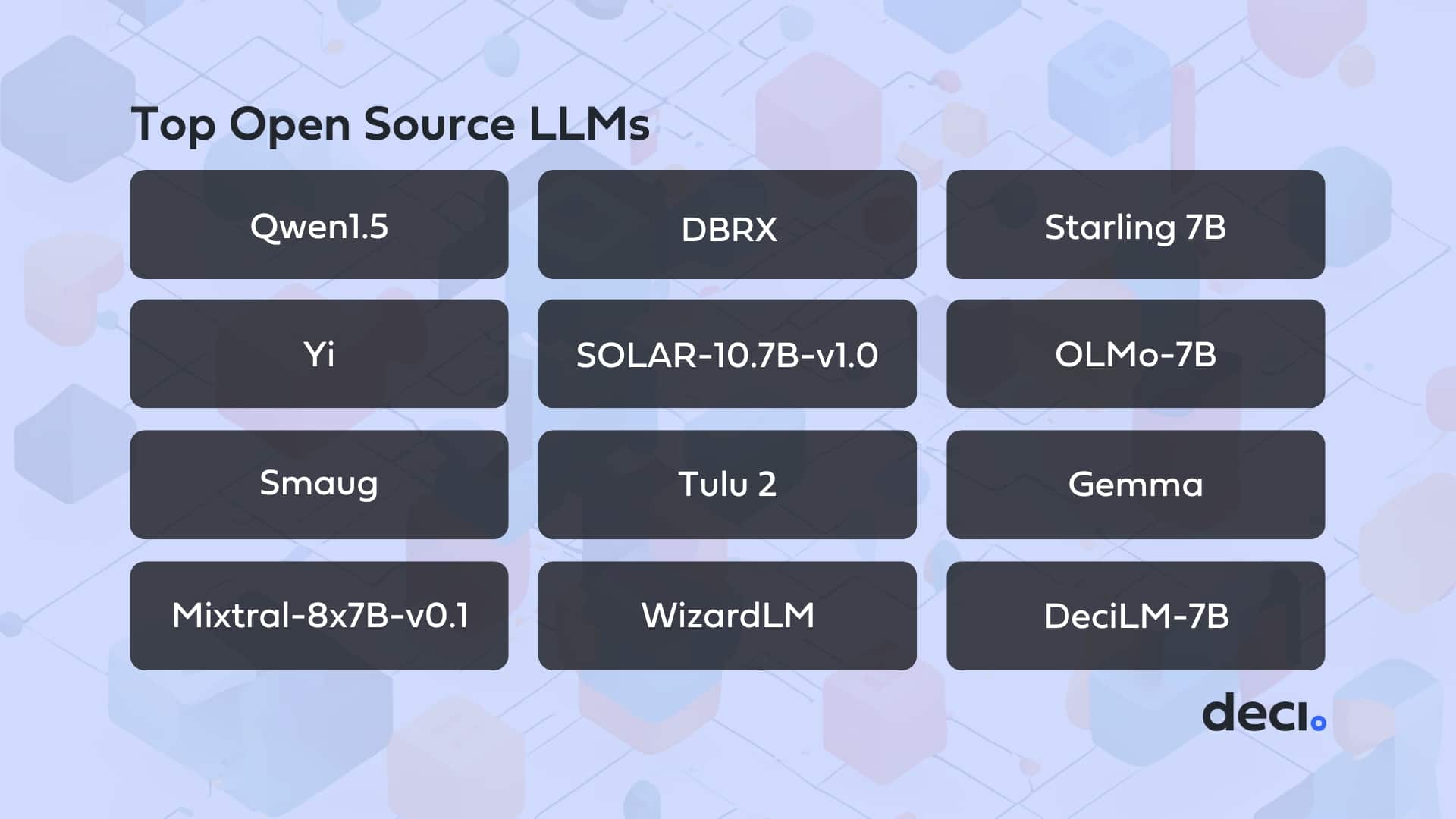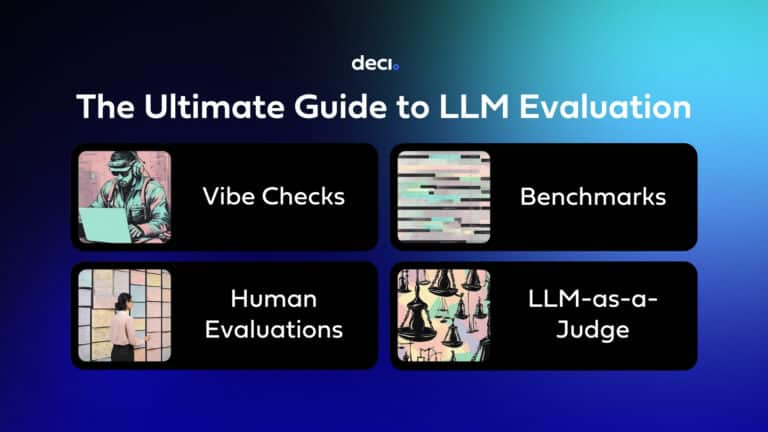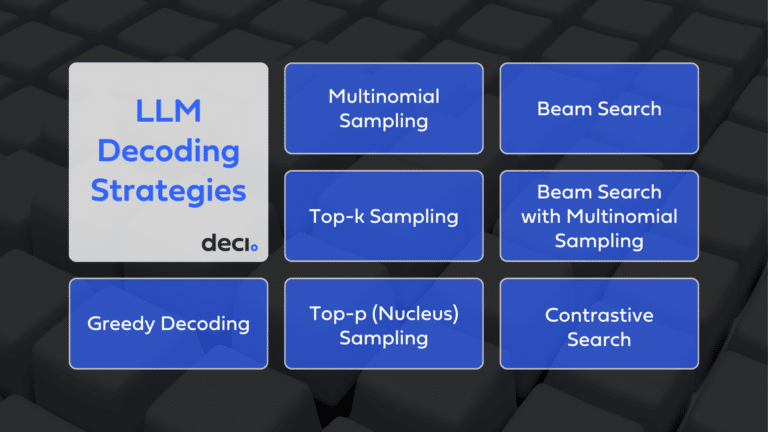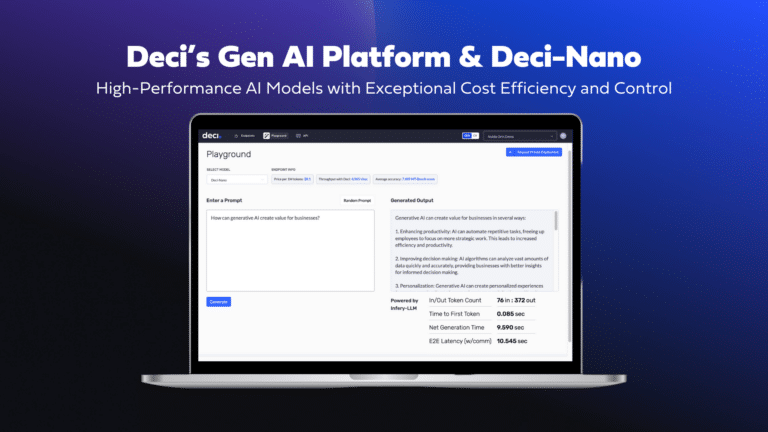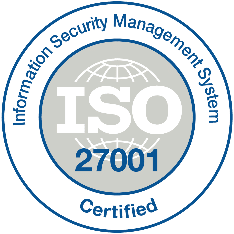NVIDIA GTC 2024 is a global developer conference that explores the latest technologies driving industry transformation and provides participants direct access to experts shaping what’s next in AI and accelerated computing.
This year, there are more than 1,000 sessions throughout the five-day event. Technologists from emerging startups and top enterprises such as Microsoft, Adobe, Samsung, and more, are set to share experiences, discoveries, and implementations related to generative AI and more.
Out of these sessions at GTC, which ones should you start with? If you’re looking for a comprehensive overview of the AI landscape today, then we recommend the following 11 sessions. They are about general AI strategy and its impact on society, and the exciting spaces of generative AI and computer vision across industries.
1. 3D and Gen AI at Home: Building an Application for the Global Design Industry
What is it about:
HOMEE AI’s Homee Optimal Planning Engine (H.O.P.E.) is an approach that is revolutionizing interior design. It uses 3D SLAM techniques to turn real spaces into 3D digital structures and employs hierarchical architecture for convergence across dimensions.
Who are the speakers:
- Chien Fu Chen, CPO, HOMEE AI
- Gene Chang, Chief Technology Officer, HOMEE
Why watch it:
In this session, discover real-time 3D model importing on the NVIDIA Omniverse platform, CUDA-powered training, and TensorRT-enhanced inference in reinforcement learning, and streamlined design processes like Multi-functional Room Design, Intelligent Product Recommendation, and Optimized Object Placement to match individual preferences. You can view the session on GTC here.
2. Transforming Agriculture with AI and Computer Vision
What is it about:
If you want to learn the latest in agriculture, this is the session to attend. John Deere is developing solutions to enhance agricultural efficiency. Its AI-enabled robot sprayers target weeds specifically, resulting in less herbicide usage. Moreover, its autonomous driving tractors provide farmers with more time for higher-value tasks.
Who is the speaker:
- Chris Padwick, Director of Machine Learning and Computer Vision, Blue River Technology
Why watch it:
AI and computer vision are increasingly being applied in the agriculture space to improve profitability and increase sustainability. View the session on GTC here to learn how John Deere addresses the unique challenges of deploying AI and computer vision in the world of a farm, and uses synthetic data to improve AI model performance.
3. Accelerating Automotive Workflows with Large Language Models
What is it about:
In automotive, large language models (LLMs) are transforming how we engage with information, simplifying the process of locating specific details within large datasets, such as vehicle owner’s manuals or manufacturing machinery guides. However, assuring accuracy is a challenge. At Ford, some solutions include the use of RAG, resulting in better performance, scalability, and domain knowledge.
Who is the speaker:
- Bryan Goodman, Director, Artificial Intelligence, Ford Motor Co.
Why watch it:
LLMs present a huge opportunity for automotive companies to boost productivity and streamline operations. Learn how Ford leverages LLMs and how the company addresses the accuracy challenge for vehicle engineering, connected vehicle analytics, manufacturing, legal, vehicle service and repair, customer support, and employee support. View the session on GTC here.
4. The Small Models Revolution
What is it about:
LLMs have significantly impacted the AI domain. But, what is the optimal size for LLMs? This session explores Microsoft Research’s phi series, which, despite having only 1 billion parameters, displays numerous remarkable emergent properties akin to LLMs.
Who is the speaker:
- Sebastien Bubeck, Vice President, Microsoft GenAI
Why watch it:
Enterprises increasingly favor small language models over their larger counterparts due to the enhanced control they offer, including fine-tuning for specific domains and better data security measures. Moreover, they present a more cost-effective solution for deployment and operational expenses. View the session on GTC here.
5. LLM Agent Fine-Tuning: Enhancing Task Automation
What is it about:
Dive into the world of fine-tuning LLMs. Together with Weights & Biases, learn various techniques on fine-tuning, metrics and logging, debugging, prompting paradigms, and practical evaluations that can improve the performance of your model in no time.
Who is the speaker:
- Anish Shah, MLOps Engineer, Weights and Biases
Why watch it:
Fine-tuning LLMs guarantees the generation of precise and contextually appropriate outputs. This session highlights key insights and techniques to improve the effectiveness and specificity of local LLM agents in automating applications. View the session on GTC here.
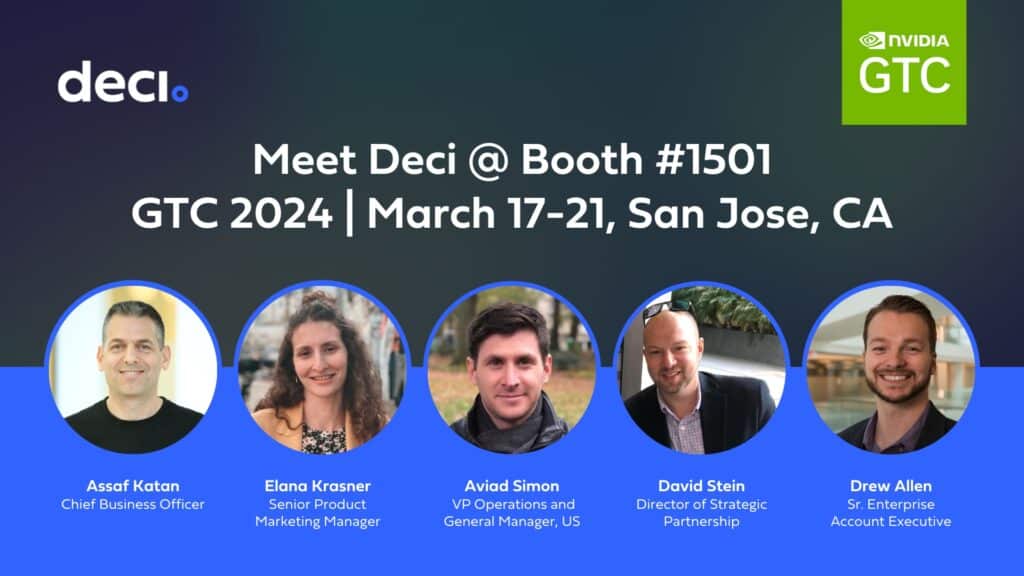
6. Bringing Advanced AI and Navigation into Smart Glasses that Empower the Blind
What is it about:
Learn about computer vision on the edge and the practical application of navigation systems, ISAAC ROS, and more for multi-camera streaming and comprehension. Also, discover the challenges in integrating these systems into a single wearable device and how to overcome them.
Who is the speaker:
- Cornel Amariei, CEO, Dotlumen SRL
Why watch it:
Interested in edge AI? Given multiple constraints, it can be difficult and complex to implement. But in this session, discover how Dotlumen SRL is making computer vision algorithms run on wearables that empower the blind. View the session on GTC here.
7. Using Next-Generation Geospatial Applications and 3D Visualizations to Improve Climate Risk Resilience Strategies
What is it about:
In this session, RSS Hydro, an organization that provides flood modeling and earth observation products and services, shares how NVIDIA Omniverse and GPU processing are powerful tools for developing and communicating geospatial mapping solutions and climate resilience.
Who is the speaker:
- Guy Schumann, CEO, RSS-Hydro
Why watch it:
Explore a novel approach to communicate geospatial information and climate resilience to stakeholders, including humanitarian, disaster response, and financial risk management sectors. View the session on GTC and see real-life examples of extreme weather events and climate change scenarios that illustrate this capability.
8. Bringing AI and Accelerated Compute to the Capital Markets
What is it about:
AI and accelerated computing in financial services? Both technologies are creating fresh avenues for efficiency and performance in capital markets, and Nasdaq has effectively utilized them to bolster liquidity and market depth globally.
Who is the speaker:
- Nikolai Larbalestier, Senior Vice President, Enterprise Architecture and Performance Engineering, Nasdaq
Why watch it:
Given how the financial industry is highly regulated, it is interesting to see how Nasdaq has successfully introduced several new AI services and is harnessing accelerated computing at the core of the capital markets. View the session on GTC here.
9. Can High Performance also be Cost-Efficient when it Comes to Generative AI?
What is it about:
When implemented in production environments, the huge size and complexity of LLMs result in high operational costs and reduced inference speed, especially when scaling up. But traditional optimization techniques, which usually work for smaller models, fall short for LLMs. This talk offers a path toward efficient model design with a spotlight on DeciCoder, an open-source code generation LLM.
Who is the speaker:
- Yonatan Geifman, Chief Executive Officer and Co-Founder, Deci
Why watch it:
This session dives into how to develop generative models that achieve both exceptional quality and efficiency, ensuring high throughput, low latency, and cost-effectiveness on commonly available GPUs. It explores the transformative potential of neural architecture search for generating resource-efficient LLMs such as DeciLM. If you’ve been wondering whether high-performance Generative AI can be cost-effectively deployed, view the session on GTC here.
10. Unlock AI’s Potential: Best Practices for Business-Led Digital Roadmaps and Implementation Challenges
What is it about:
Enterprises are transitioning to full-scale AI production for cost savings and revenue models, prioritizing reliability, security, and scalability for mission-critical applications. This session explores business-driven digital roadmaps, emphasizing AI’s value and impact.
Who are the speakers:
- Anne Hecht, Senior Director of Product Marketing, Enterprise Products, NVIDIA
- Stefan Goebel, Senior Vice President, Chief of Staff SAP Product Engineering and Head of Strategic Engineering Partnerships, SAP Labs, LLC
- Giovanni Di Napoli, President, Gastrointestinal, Medtronic
- Stefano Pasquali, Managing Director, Head of Investment AI, BlackRock
Why watch it:
Discover the intersection among business objectives, strategies, and technology as organizations look for optimal ways to align these factors in today’s digital landscape. Learn how NVIDIA AI solutions are being used and acquire insights into challenges, lessons learned, and best practices across every phase of the AI journey. View the session on GTC here.
11. AI Secrets I Wish I Knew
What is it about:
Finally, we are wrapping this list with a session that is focused on education. Featuring an expert panel of professionals, educators, and researchers, dive into the transformative role of generative AI in education, sharing insights and real-world examples that highlight the advantages of using AI tools like ChatGPT.
Who are the speakers:
- Louis Stewart, Head of Strategic Initiatives, Developer Ecosystem, NVIDIA
- Tomasz Bednarz, Director of Strategic Researcher Engagement—Global Developer Programs, NVIDIA
- Betsy Corcoran, Partner & Co-Founder, Lede Labs, Co-Founder, EdSurge
- Karen Liu, Professor, Stanford University
Why watch it:
Armed with years of experience, the panelists are set to offer insights ranging from initial hurdles in AI research careers to optimal methods for seamlessly integrating AI into educational settings. If you are an educator or student looking for a guide to effectively utilize AI’s potential, view the session on GTC here.
Drop by Deci’s Booth #1501 at GTC
Any sessions sparked your interest? You can check out the full list of sessions on the NVIDIA GTC page. Make sure to register so you get complete access to all the event has to offer including research posters, interactive panels, demos, podcasts, technical sessions, and more.
If you are looking to achieve real-time performance, reduce model size, or increase throughput, Deci’s NAS-based model optimization can help you deliver seamless inference in any environment. Drop our booth #1501 and schedule your with the team here.
